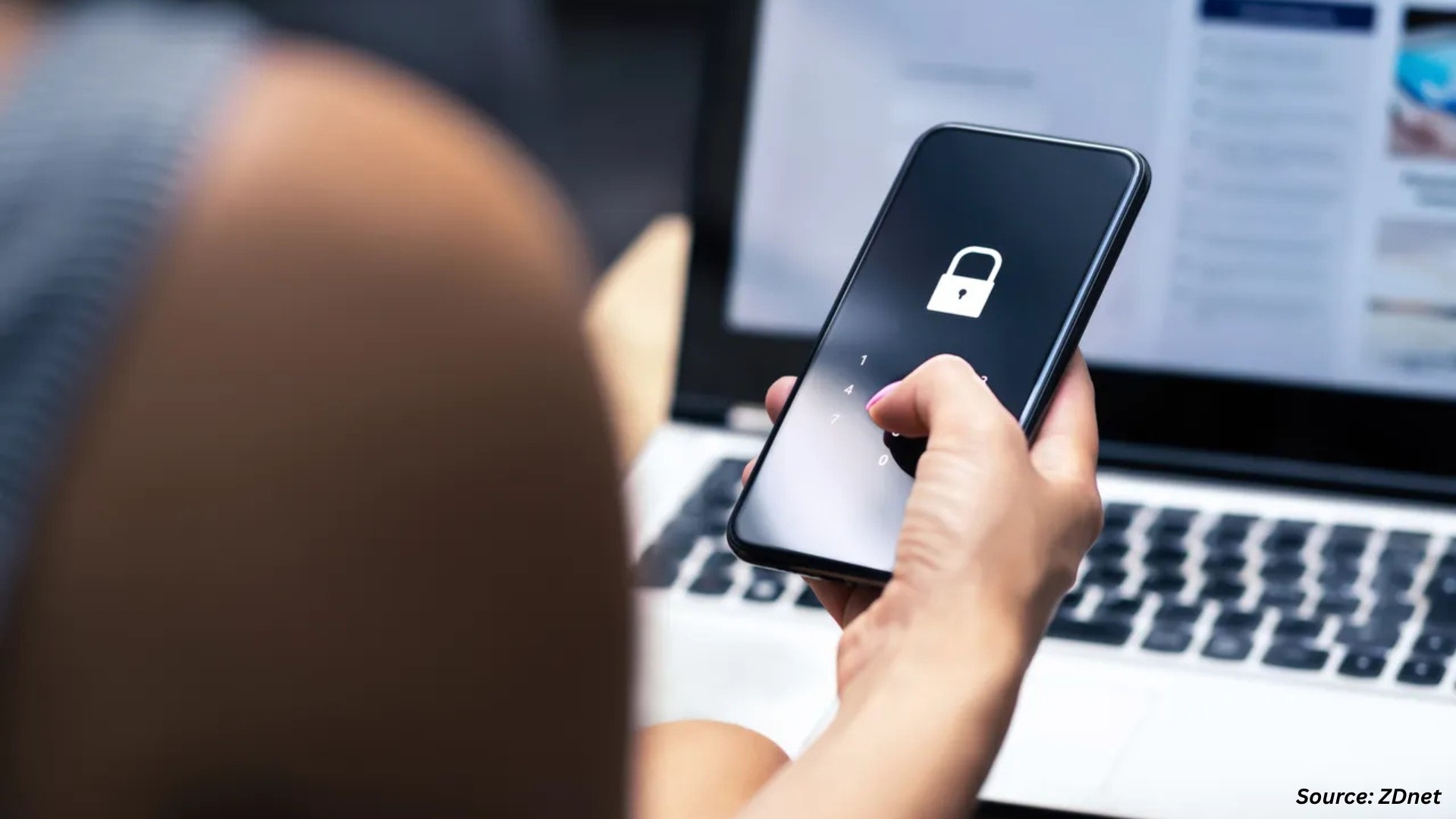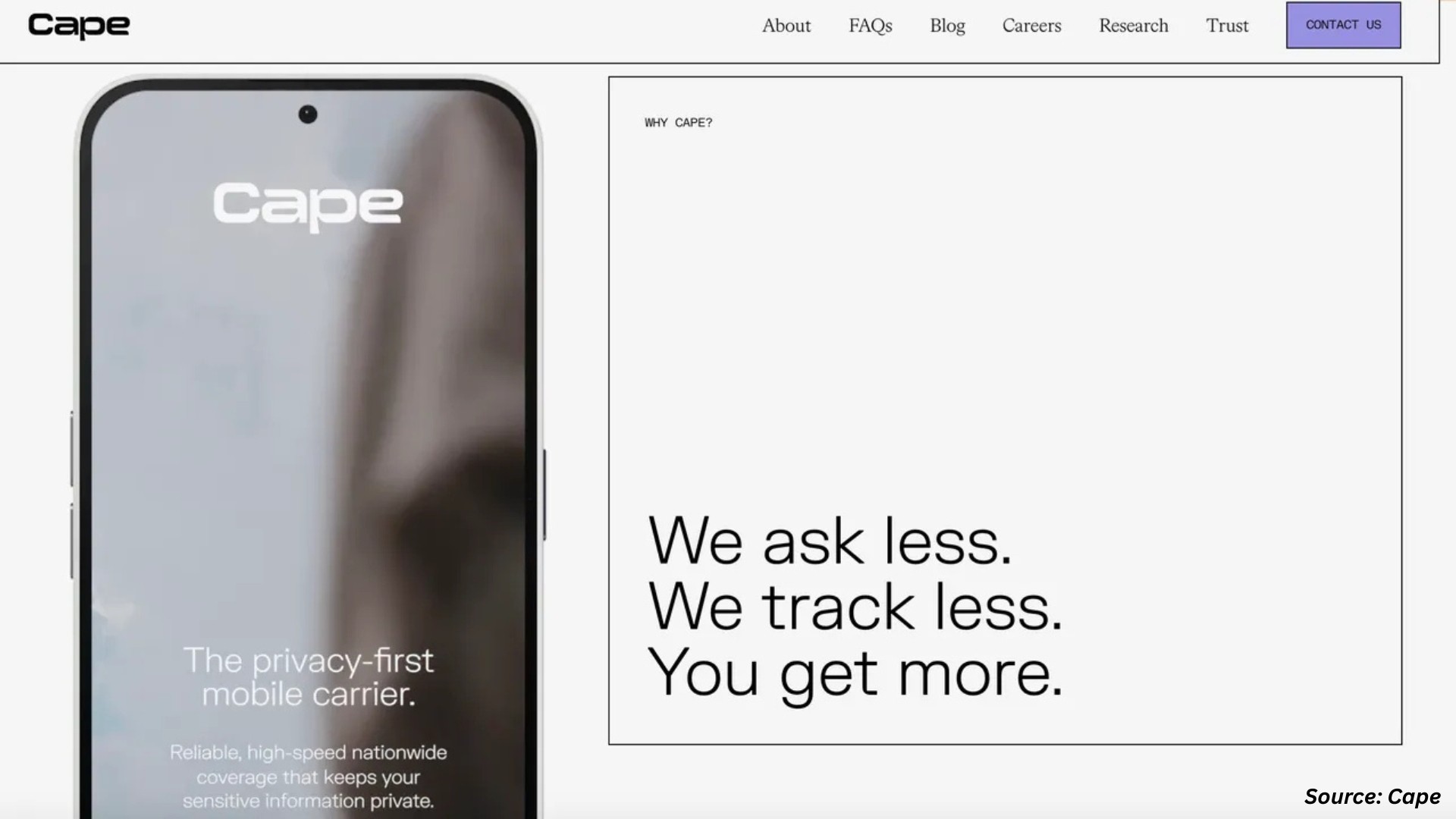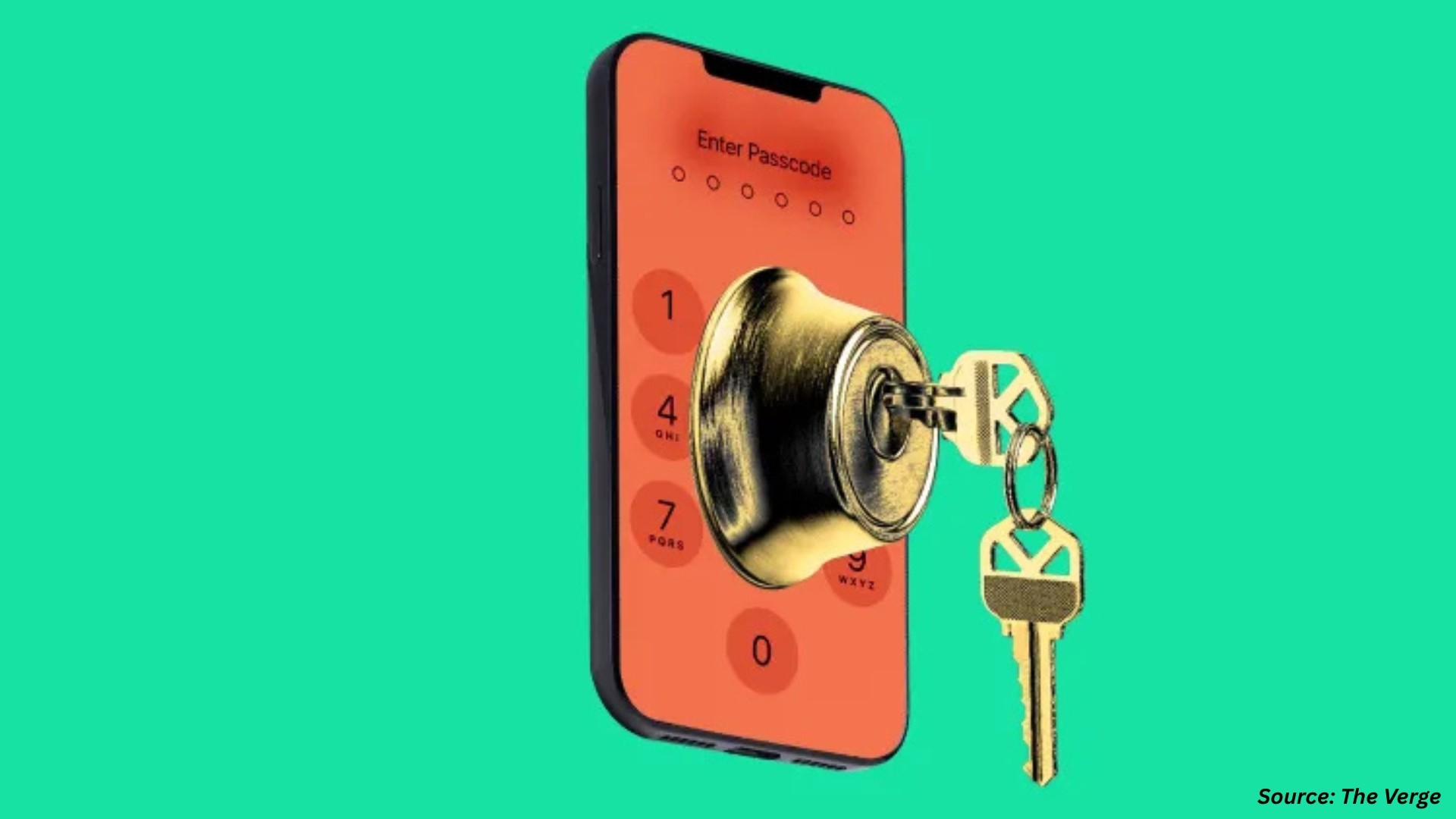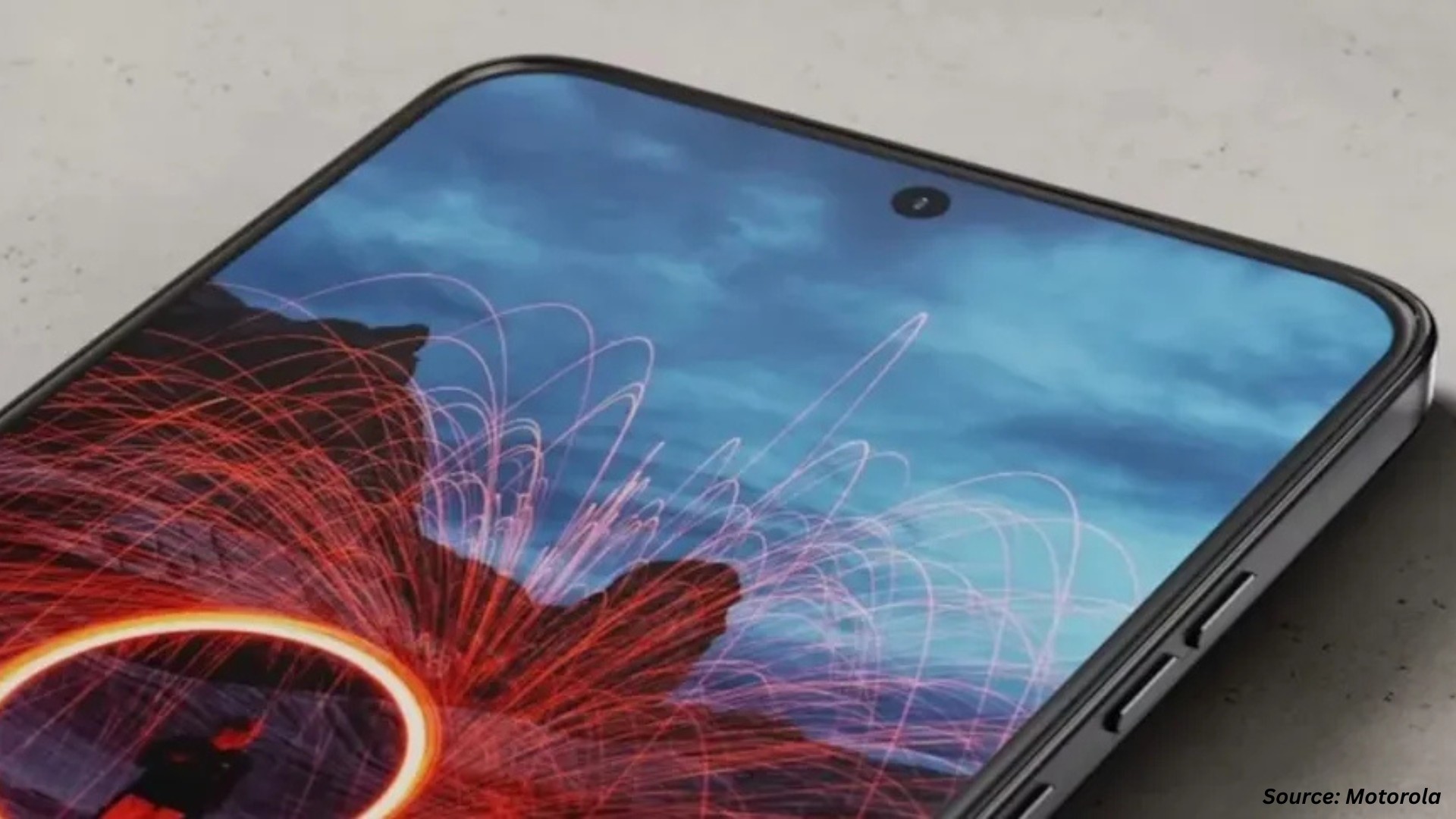Ultra Secure Smartphone Solutions for Modern Privacy Needs
Published: 2025-09-10

In a world where every click, call, and app tracks user behavior, ultra-secure smartphones are no longer niche—they are essential. As concerns about surveillance capitalism and digital privacy reach new heights, a new wave of devices and services is emerging to help users reclaim control.
Cape Expands Ultra-Secure Mobile Service to Safeguard High-Risk Users
Cyberattacks targeting mobile devices and services can affect anyone, but the threat is particularly severe for politicians, journalists, activists, and other public figures. A new mobile carrier now claims to offer exceptional protection specifically designed to defend against these mobile threats.
Cape, a mobile service provider based in Washington, D.C., positions itself as a company fundamentally focused on privacy and security. As a Mobile Virtual Network Operator (MVNO), Cape does not own its own wireless infrastructure but instead delivers its branded service by leasing network access from an existing carrier.
Key Security Features Offered by Cape
-
Location Obfuscation: Allows users to alter their device identifiers to prevent tracking and location profiling.
-
Ad Identifier Rotation: Blocks advertisers and data brokers from tracking app usage and browsing history.
-
Enhanced Signaling Protection: Defends against SS7 attacks, offering stronger safeguards than standard firewalls to stop call/text interception and location tracking.
-
SIM Swap Protection: Utilizes advanced cryptographic methods to block unauthorized SIM transfers.
-
Data Privacy Commitment: Requires only minimal user data to activate service and pledges to delete it when it is no longer needed.
Expanded Access for High-Risk Individuals
Cape’s service was initially limited to government users, but it has since expanded to include a broader range of high-risk individuals. These include elected officials, senior executives, and celebrities who face threats like SIM swapping and location stalking. The service also caters to professionals such as lawyers, healthcare providers, and cybersecurity experts who handle sensitive client information and require enhanced confidentiality. Journalists and activists, often targeted by surveillance and location tracking due to their work, are also supported. Additionally, domestic abuse survivors—who may be at risk of being tracked by their abusers—can benefit from the heightened privacy protections Cape offers.
Summary:
-
Targeted Protection: Cape, a Washington, D.C.-based MVNO, offers mobile services built around privacy and security, aimed at defending users against cyberattacks, surveillance, and SIM swap threats.
-
Advanced Features: Key offerings include location obfuscation, ad identifier rotation, enhanced signaling protection, SIM swap defense, and strict data privacy policies.
-
Wider Access: Originally for government users only, Cape's service is now available to high-risk groups such as public figures, legal and healthcare professionals, journalists, activists, and domestic abuse survivors.
Strengthening Android Security with Lockdown Mode
With rising cyber threats and identity theft, mobile device security has become increasingly important. To protect their data, Android users are turning to features like Lockdown Mode—an effective tool for preventing unauthorized access.
Lockdown Mode boosts device security by disabling biometric authentication—such as fingerprint or facial recognition—and requiring a PIN or password instead. It is especially useful in high-risk situations, like traveling or being in public spaces where the chances of theft or loss are greater.
Advantages of using Android Lockdown Mode
-
Easy to Use: One of Lockdown Mode’s most overlooked strengths is its simplicity. It can be activated in just a few taps, without navigating through complex settings.
-
Stronger Security: By disabling biometric authentication, it helps prevent unauthorized access via fingerprints or facial recognition—especially useful if someone gains physical possession of the device.
-
Enhanced Privacy: Lockdown Mode hides all lock screen notifications, ensuring that private messages and sensitive information are not visible to others.
-
PIN or Password Required: Unlocking the device requires a PIN, password, or pattern, adding another layer of protection known only to the device owner.
Extra Security Measures for Enhanced Protection
Regularly reviewing and restricting app permissions—such as access to your location, microphone, and camera—helps maintain stronger control over your data. It is equally important to configure the privacy settings of each app and account to manage what information is collected and how it is used.
Turning off tracking features in apps and websites, along with using private browsing modes, can significantly improve privacy. Additionally, routinely deleting unused data and files reduces the amount of stored information, further strengthening your device’s overall security.
Summary:
-
Lockdown Mode enhances security by disabling biometrics and requiring a PIN or password.
-
Key benefits include ease of use, improved privacy, and protection against unauthorized access.
-
Additional steps like managing app permissions, limiting tracking, and deleting unused data can further safeguard your device.
Motorola ThinkPhone 25: Enterprise-Class Security Meets Premium Performance
Motorola has unveiled its newest enterprise-grade smartphone, the ThinkPhone 25, designed with a strong emphasis on security and productivity.
Motorola ThinkPhone 25: A Power-Packed Business Smartphone
Powerful Performance
-
Equipped with a MediaTek Dimensity 7300 processor
-
Paired with 8GB of RAM for smooth multitasking
-
Offers 256GB of internal storage for ample space
Vibrant Display
-
Features a 6.36-inch pOLED screen
-
Delivers sharp visuals and rich colors for an enhanced viewing experience
Advanced Camera System
-
50MP main camera for high-resolution shots
-
13MP ultrawide lens for expansive photography
-
10MP telephoto lens for detailed zoom capabilities
Rugged and Durable Build
-
Constructed with a robust aramid fiber shell
-
Protected by Gorilla Glass 7i for superior scratch and impact resistance
Motorola has significantly enhanced the security features of the ThinkPhone 25 — a logical move, considering the original ThinkPhone earned a reputation as one of the most secure smartphones available. This strengthened security is powered by Motorola’s ThinkShield platform, which defends against malware, phishing, and various other cyber threats. Additionally, the ThinkPhone 25 is backed by five years of Android updates, ensuring long-term support and timely access to Android 16 and future security patches.
Summary:
-
Performance & Display: Powered by a MediaTek Dimensity 7300 chip, 8GB RAM, and a 6.36-inch pOLED display, the ThinkPhone 25 offers smooth multitasking and vivid visuals.
-
Camera & Durability: Comes with a versatile triple-camera setup (50MP main, 13MP ultrawide, 10MP telephoto) and a rugged design featuring a carbon fiber shell and Gorilla Glass 7i.
-
Enterprise-Grade Security: Built on Motorola’s ThinkShield platform with five years of Android updates, it provides robust protection against malware, phishing, and emerging threats.
Next Steps: How You Can Move Toward Mobile Privacy in 2025
-
Assess your risk profile. Are you a journalist, activist, or someone working in sensitive industries? A Cape phone might be necessary.
-
Activate Lockdown Mode if you use an Android device to block biometric and USB access.
-
Review your app permissions monthly, and uninstall any app that requires unnecessary data access.
-
Follow updates from trusted sources for the latest in mobile privacy innovation.
Conclusion:
As digital threats grow more sophisticated, the demand for ultra-secure smartphone options is stronger than ever. Whether it is Motorola’s ThinkPhone 25 or Cape’s privacy-first mobile service, users now have access to powerful solutions that combine high-level performance with uncompromising security. In a connected world, choosing an ultra-secure smartphone is not just wise—it is essential.
About the Author
 Karabi Sonowal is an experienced SEO Executive and Content Writer in digital marketing. She excels in SEO, content creation, and data-driven strategies that boost online visibility and engagement. Known for simplifying complex concepts, Karabi creates impactful content aligned with industry trends.
Karabi Sonowal is an experienced SEO Executive and Content Writer in digital marketing. She excels in SEO, content creation, and data-driven strategies that boost online visibility and engagement. Known for simplifying complex concepts, Karabi creates impactful content aligned with industry trends.
About the Reviewer
 Debashree Dey is a skilled Content Writer, PR Specialist, and Assistant Manager with strong expertise in Digital Marketing. She specializes in crafting visibility strategies and delivering impactful, data-driven campaigns. Passionate about creating engaging, audience-focused content, she helps brands strengthen their online presence. Beyond work, she draws inspiration from creative projects and design pursuits.
Debashree Dey is a skilled Content Writer, PR Specialist, and Assistant Manager with strong expertise in Digital Marketing. She specializes in crafting visibility strategies and delivering impactful, data-driven campaigns. Passionate about creating engaging, audience-focused content, she helps brands strengthen their online presence. Beyond work, she draws inspiration from creative projects and design pursuits.



















Add Comment